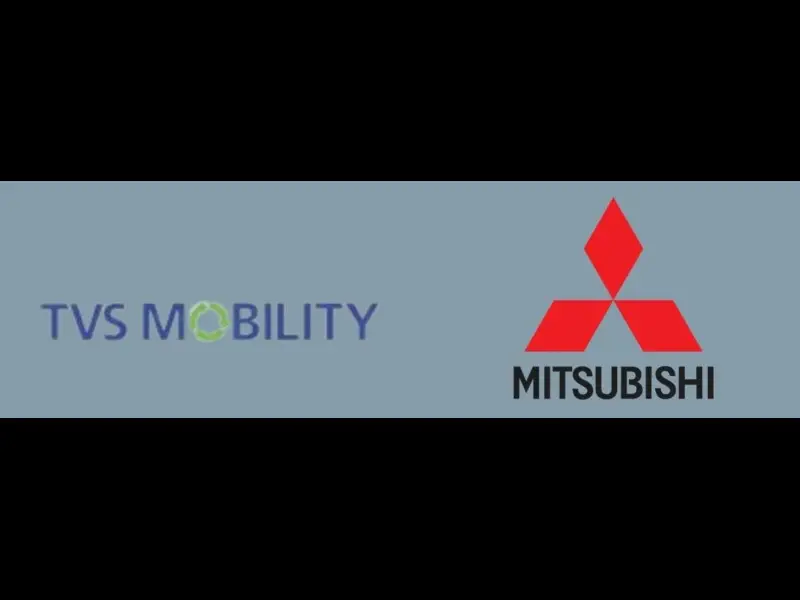Mitsubishi Corporation, the Japanese conglomerate, has entered into a strategic partnership with TVS Mobility, one of India’s leading automobile dealerships, to acquire 30% stake in its new entity, TVS Vehicle Mobility Solution Ltd (TVS VMS). The deal was announced on February 19, 2024, and is expected to close by March 31, 2024.
TVS VMS is a subsidiary of TVS Mobility, which was formed by the demerger of some business from T V Sundaram Iyengar & Sons Pvt Ltd, the holding company of the TVS Group. TVS VMS will take over the existing automobile dealership business of TVS Mobility, which has a network of around 150 outlets across India, selling cars from various brands such as Hyundai, Honda, Volkswagen, Renault and Nissan.
Mitsubishi Corporation is a global integrated business enterprise that develops and operates businesses across virtually every industry. It has a presence in over 90 countries and regions worldwide, and employs over 80,000 people. Mitsubishi Corporation has been involved in the Indian market since 1954, and has interests in various sectors such as energy, metals, machinery, chemicals and food.
The partnership between Mitsubishi Corporation and TVS VMS aims to leverage their respective strengths and synergies to revolutionize India’s mobility ecosystem. The venture will focus on providing innovative and customer-centric solutions for car sales, financing, leasing, insurance, maintenance and other value-added services. The venture will also explore new opportunities in emerging segments such as electric vehicles, shared mobility and connected cars.
India is the world’s third-largest market for new car sales, following China and the US. However, it has seen limited participation from Japanese automakers, with Suzuki Motor being an exception. Mitsubishi Corporation’s entry into the Indian car sales market through TVS VMS is expected to boost its presence and competitiveness in the country, as well as enhance its global portfolio.
Recent Blog : Sony Joins Prime Video to Launch Stream in India
